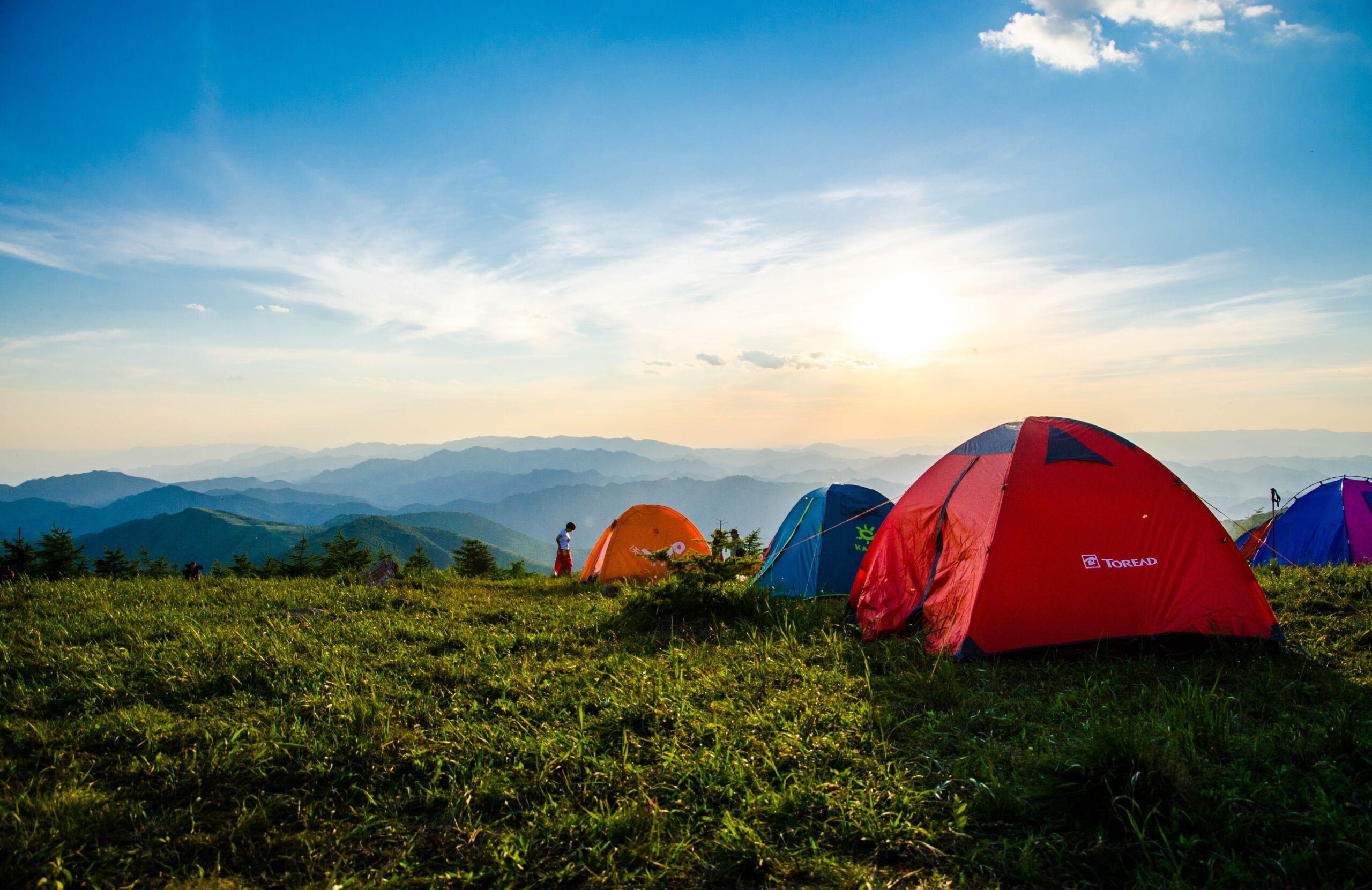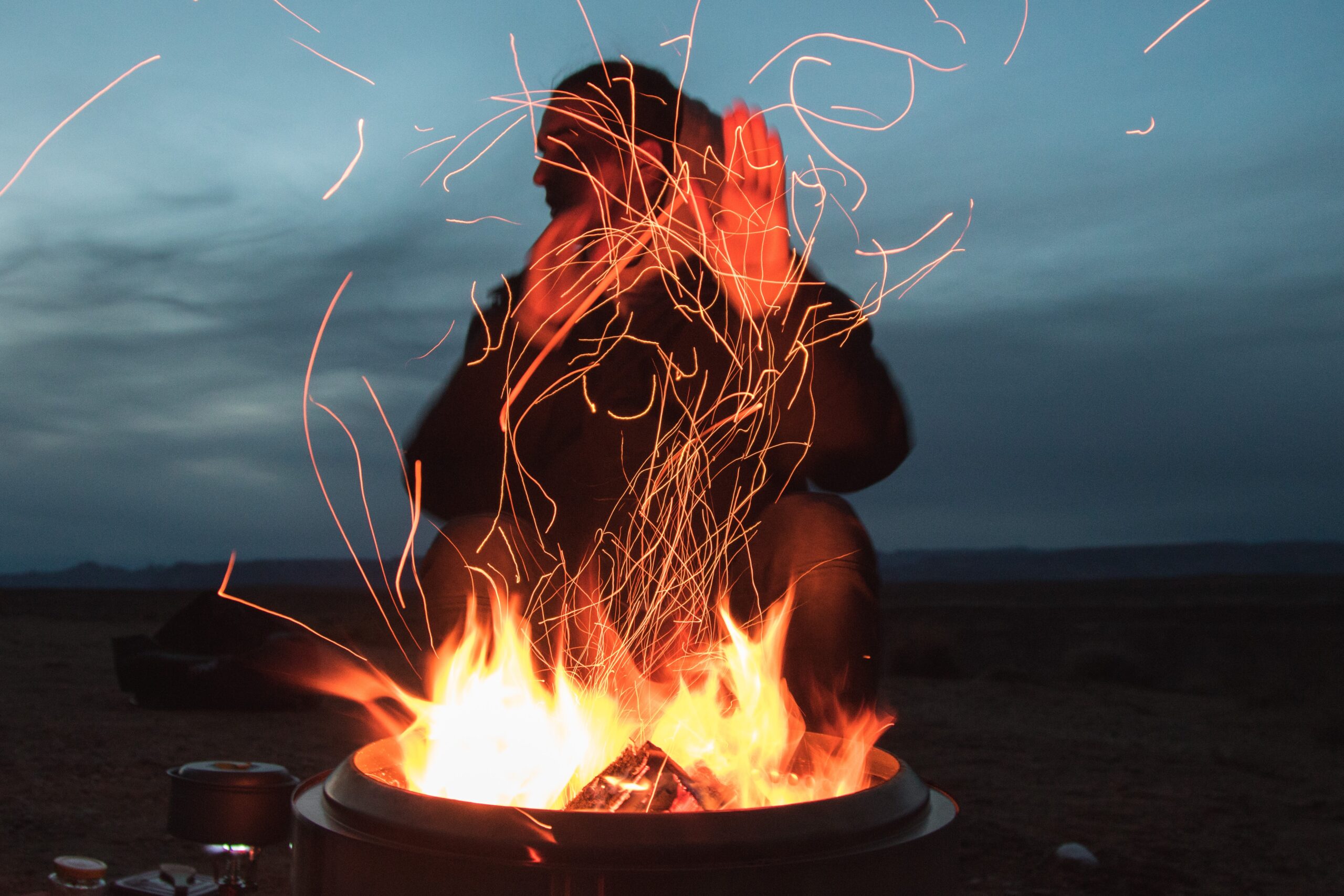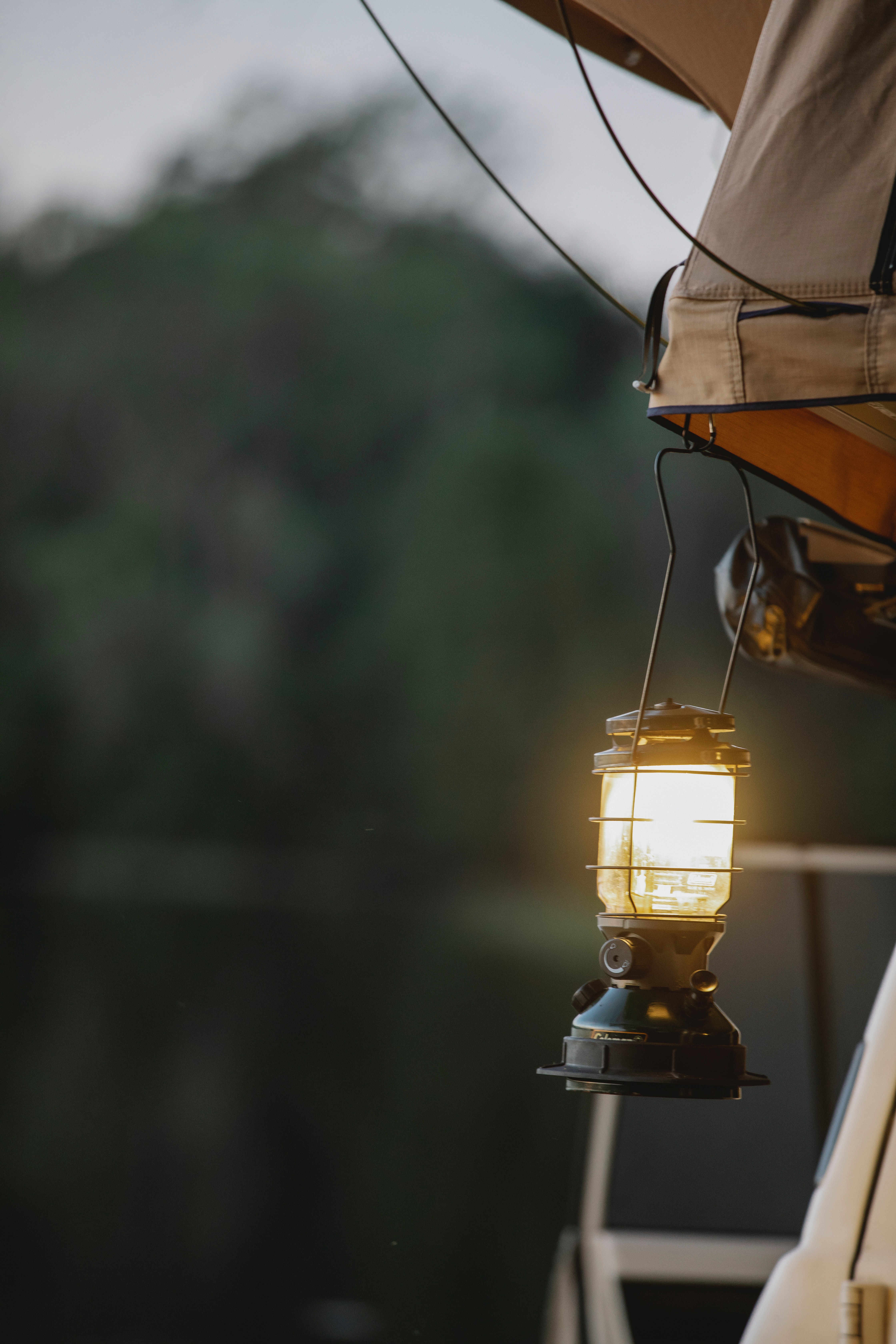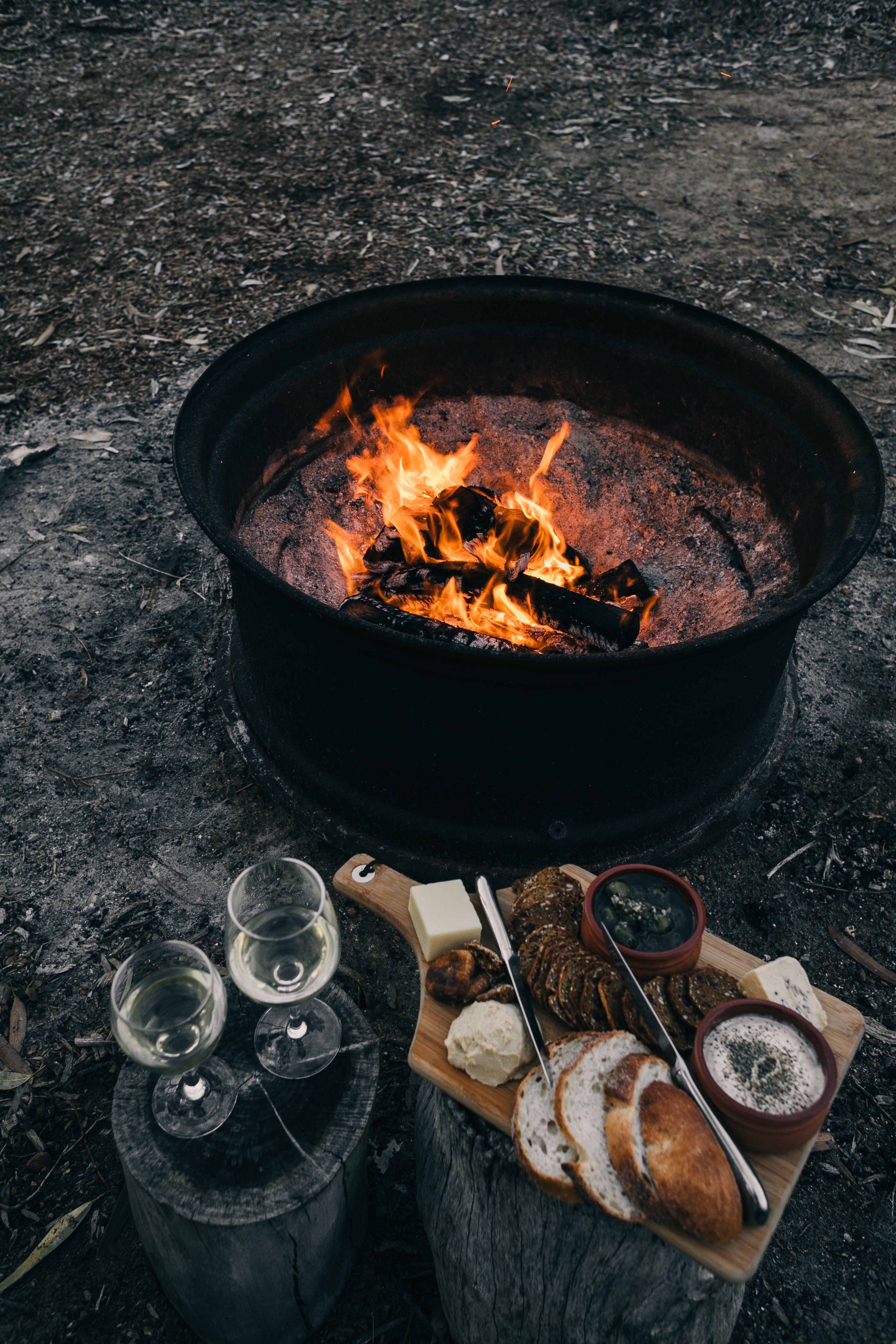Tips and Tricks to Make your First Trip – Camping Guide for Beginner’s

To plan your weekend, surrounded by the natural world. Camping is one of the best activities to spend your time in a good spot to pitch and take the right camping gear. You can immerse yourself in nature, go solo or in a group, take up time bonding without any gadgets, and enjoy freedom from stress getaway or vacation.
Camping for Beginners:
This “Camping Beginners Guide” will give you that way to get good at camping is to go with someone more experienced than you. By reading this guide you should have everything you need to get started.
The Ideal Guide to Camping for Beginners:
- Types of camping
- How to find a campsite
- To plan your first camping trip
- The easy Camping gear for beginners
- Sample packing list and meal planner
- Set up a Tent at Camp
- Stay comfortable while Camping
- Cook food while Camping
- How to use the bathroom while Camping
Types of Camping:
There are two ways we can categorize camping. The first is by the proximity to road access, and the second is by the type of land.
- Proximity to Road Access
- Front country camping
- Backcountry camping
2. Type of Land
- Publicly Managed Land
- Wild / Freedom / Dispersed Camping
- Private Campgrounds
How to find a campsite:
Camping beginners will likely want to start with front country camping or car camping. So they can be close to their vehicle and don’t need to carry all their gear themselves. And also tend to prefer camping in national/state/provincial parks over wild/freedom camping.
Choosing a location for your first Camping Trip:
Before reserving your stay at a campsite, you need to choose whether you want your journey to take you away from home, or if you would rather stay near to your home.
Always consider the following when choosing a camping location:
- Your goals
- The season
- Campsite accessibility
To plan your first Camping Trip:
The key to comfortable camping is bringing the right way. While the gear list for camping adjusts according to the environment, season, and type of trip. Your first few trips, finding campgrounds that are within a 4 to 5-hour drive from home, and suitable for a 1 to 2-night camping adventure. The basic minimum needs for camping are:

- Shelter
- Food
- Warmth
- Headlamps and Lanterns
Plan your trip and camping:
Depending on the season to pack for your camping trip. In summer to keep you cool are important things like sun protection, a swimsuit, and the right hiking clothes. While in winter waterproof jackets and warm socks take the lead.
In advance booking, a campground is a good practice just like a hotel. If you’re a light sleeper, pick a campsite further away from the bathrooms or keep earplugs. Plan to spend about 30 minutes getting camp set up exactly how you planned it. Cooking dinner before it gets dark is the bonus of arriving early.
A flat spot is good to pitch your tent:
To pitch your tent away from the cooking area. Camping is an area with lots of space then try to put 300 feet between the area where you cook and where you sleep. Because cooking odors attract animals.
Learn to go to the bathroom outside:
Many campgrounds have bathrooms with plumbing and few places have pit toilets. So, keep toilet paper also. For ladies, periods while camping isn’t much different than at home, especially if you’re at a campground with bathrooms. Bring extra tampons or pads in your backpack and a menstrual cup is also a popular eco-friendly option.
Headlamps or Lanterns at Camp:

Keep headlamps or lanterns in your tent and in your cooking area. This cooking gear ensures you can still cook and clean after dark.
Safety tips in first time Camping :
Practice proper fire safety at camp. Unplanned wildfires are more common, so it’s more important to follow fire safety guidelines at camping to protect people and nature. Sometimes in camping areas animals will enter campgrounds attracted to the smell of food. So, to avoid attracting animals, store all food in the food storage lockers.
First aid kit in Camping:
At camping places injuries are natural. So every camper should carry a basic first aid kit with the materials to treat minor cuts and patch up wounds until you can seek medical help.
The list of safety gear are:
- First Aid Kit
- Satellite Communication Device
- Map & Compass
- Take a baby wipe shower
- Bug spray
- Sunscreen
The list of shelter gear are:
- Lightweight Tent
- Sleeping Pad
- Sleeping Bag
- Camping Pillow
The list of cooking gear are:

- Water Bottle
- Fire Pits
- Water Purification
- Matches / Lighters
- Camping Stove
- Grill
- Pots and/or Pans
- Big and small Spoon
- Bowls and Cutlery
- Knife
- Biodegradable Dish Soap & Sponge
- Garbage Bags
The implicit rules of camping, include respecting both the natural environment and fellow travelers. It will help ensure you, not only have a great experience but that you will be playing your part in helping others enjoy a similar experience.
